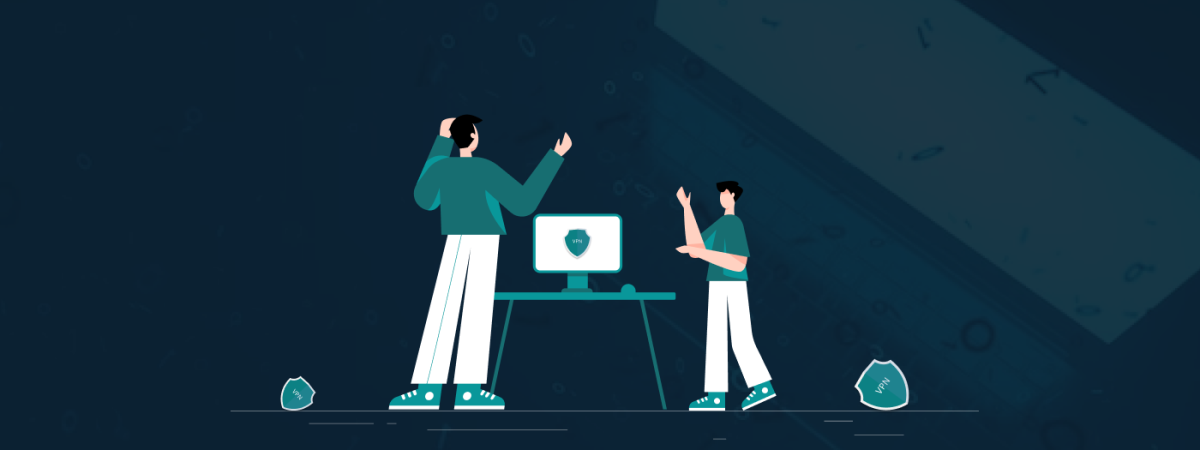A Virtual Private Network lets you create a safe and secure connection to another system. It can be used to access region-banned websites and secure and protect online browsing activities from snooping eyes.
Due to increased internet privacy protection, VPNs have become very popular. Many people are switching to the VPN service, but before they start using a VPN service, they ask tons of questions.
Below are the 12 most frequently asked questions before using a VPN service.
Frequently asked questions before using a VPN service
1. Why am I using a VPN?
You use a VPN because it enables you to communicate across a public, unprotected, and unencrypted network. All my personal information is open, and hackers and attackers want it. However, I don’t want my personal information to get into the wrong hands.
Moreover, an unsecured Internet connection can be risky, so I frequently use a VPN to protect and secure all online activities and hide my identity.
You can also get an unblocked Internet connection; whether you’re having Netflix issues or need to unblock a specific web page, this will be the best tool.
2. Does the VPN protect you?
Yes! A VPN does protect its users. It encrypts and mixes the data, making it difficult for hackers to access users’ data or engage in online activities. The tool proposes a sort of tunnel, which is where data goes. This tunnel cannot be breached, and your traffic data becomes invisible, ensuring robust data protection.
3. How does a VPN protect you?
VPN protects you by using an amalgamation of constant and keen connections and encryption protocols to generate virtual P2P networks. Now, if any snooping eyes manage to spy to draw off some of the communicated or conveyed data, they would be unable to access the data due to encryption.
Moreover, VPNs enable individuals to hide their location. The IP address provided by a VPN provider replaces the user’s IP address. By doing so, VPN permits users to evade content filters. For example, Netflix is banned in China. However, you can access it by changing your IP address using a VPN service.
In this, you can bypass the government filters and watch your favorite movies.
4. Does a VPN hide your IP address?
Yes, of course, a VPN hides your IP address. Installing the VPN network will provide you with a different IP address that will be observable to other web-tracing websites or hiding tools. This way, your IP address hides and will not be visible to anyone.
5. Does VPN work?
A VPN provides better security, anonymity, and privacy while torrenting. To know if a VPN works, you should ask yourself what purpose you use it. For instance, if you are using it for security and your company or university offers a VPN, it is safe.
Nearly every VPN will protect you from the security angle because this tool is intended to secure and protect your activities and traffic data from snooping eyes. Similarly, if you are using a VPN to remain anonymous and to know if it is working, you can directly access any site or any other streaming media restricted in your area.
6. Can you be tracked with a VPN?
Well! In some cases, you can be tracked with a VPN too. There are two crucial aspects of this. The first is if your VPN provider knows your IP address, and if someone attacks your VPN provider’s server, your actual IP address gets revealed. Secondly, some VPN providers keep logs regarding the user’s history of network activities.
Under these circumstances, if any legal authorities inquire about your IP address, the service provider is bound to provide it. Therefore, it is advisable to choose a VPN that doesn’t keep logs.
7. Is my VPN secure?
To your shock, a study revealed that 84% of free VPN apps reveal leaked users’ IP addresses. Several paid VPNs are doubtful of data leaks. To confirm and check whether your VPN is secured and encrypted, you can undergo different encryption tests like the DNS leak test, IP address test, and P2P torrent IP test.
8. Does a VPN hide you from ISP?
Yes! VPN hides you from the ISP as well. When you connect to a VPN server, it hides your IP address. It shows the IP address provided by the VPN provider, which won’t be visible to anyone. VPNs make secret tunnels that are encrypted and guarantee that no one can see which websites you are accessing and to which servers you are swapping data.
9. Can your ISP see your VPN?
A VPN is intended to encrypt user traffic data sent via your ISP to the VPN server to which you are connected. It helps prevent your service provider from seeing what you are doing online. It adds various sorts of data you send and receive to all the websites you visit. Some sites use Transport Layer Security (TLS) to protect and encrypt traffic data, but a VPN assures that everything is secured and protected.
10. What do VPNs hide?
VPNs hide the user’s IP address from the ISP and the snooping eyes. In addition, the tool also encrypts your data, preventing search engines and browsing from tracking your online activities. In this way, users can perform any online activity anonymously.
11. How is VPN tracking?
As mentioned above, VPNs can be trackable in some cases. Studies have revealed that VPN tracking is often offensive. According to an investigation in early 2018, 26 of 115 popular VPN services gathered information, which can expose your identity. The collected information includes IP addresses, communication details, location, and bandwidth data.
I hope all these questions have cleared your confusion and all queries regarding a VPN service. Moreover, they have helped you seek the information you were looking for!
Share this article
About the Author
Related Posts
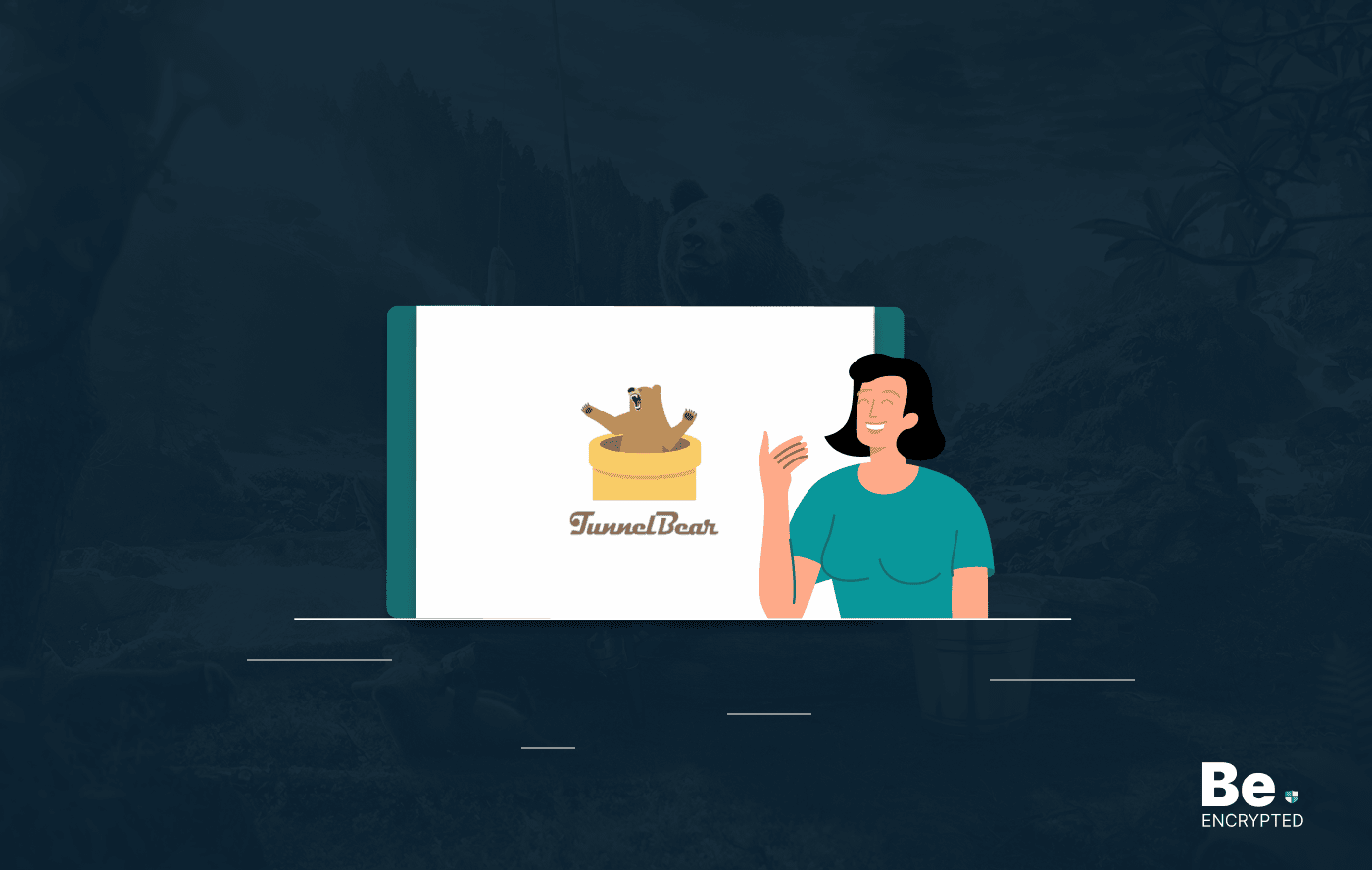
10 Best Alternatives of Tunnelbear (Free and Paid in 2025)
KEY TAKEAWAYS If you have decided not to use TunnelBear VPN, then the following VPN providers will i...
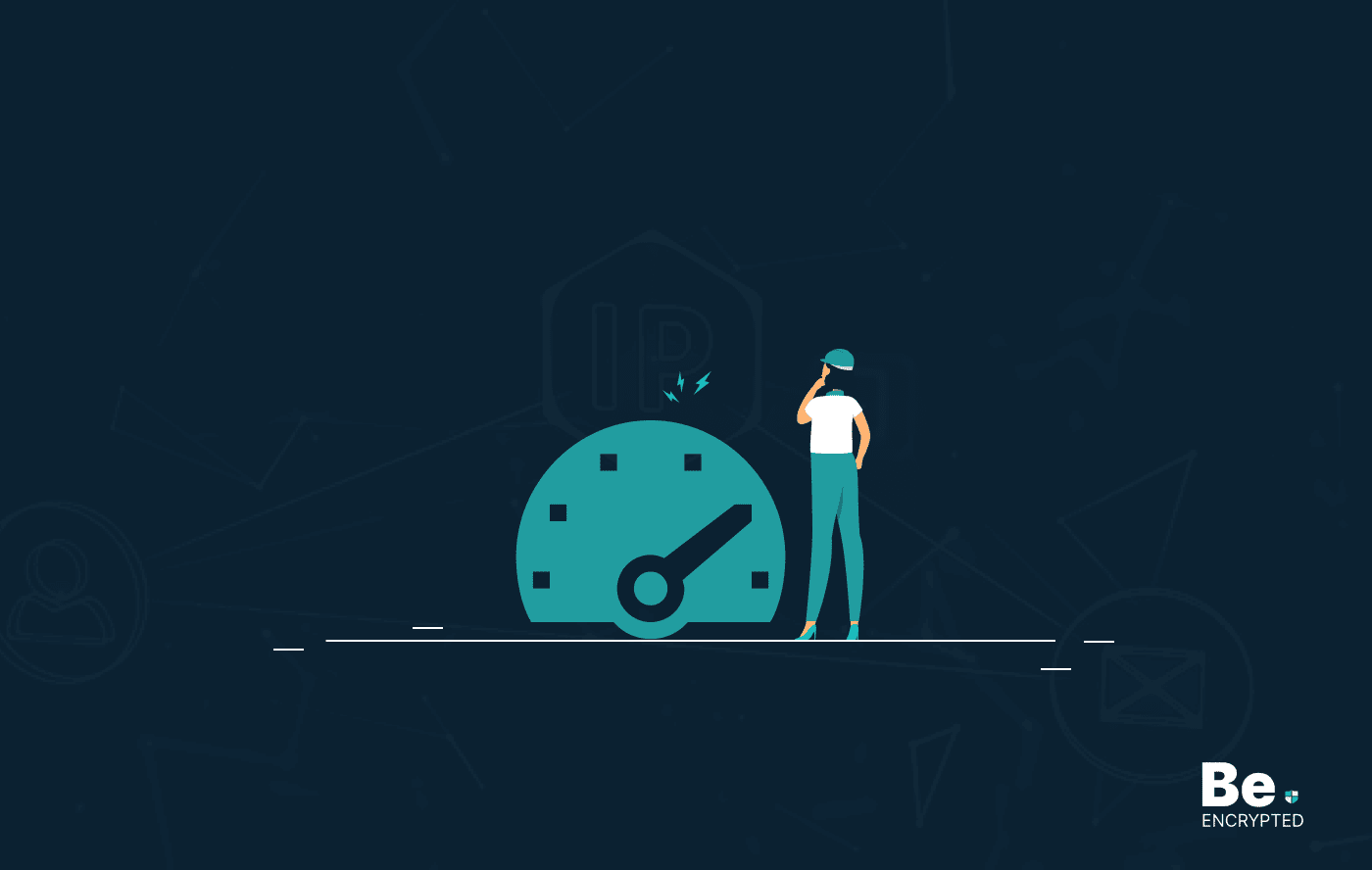
ISP Throtlling: 4 Best Ways to Stop Bandwidth Throttling in 2025
KEY TAKEAWAYS If you’re experiencing ISP throttling, using a VPN is the best method to prevent...
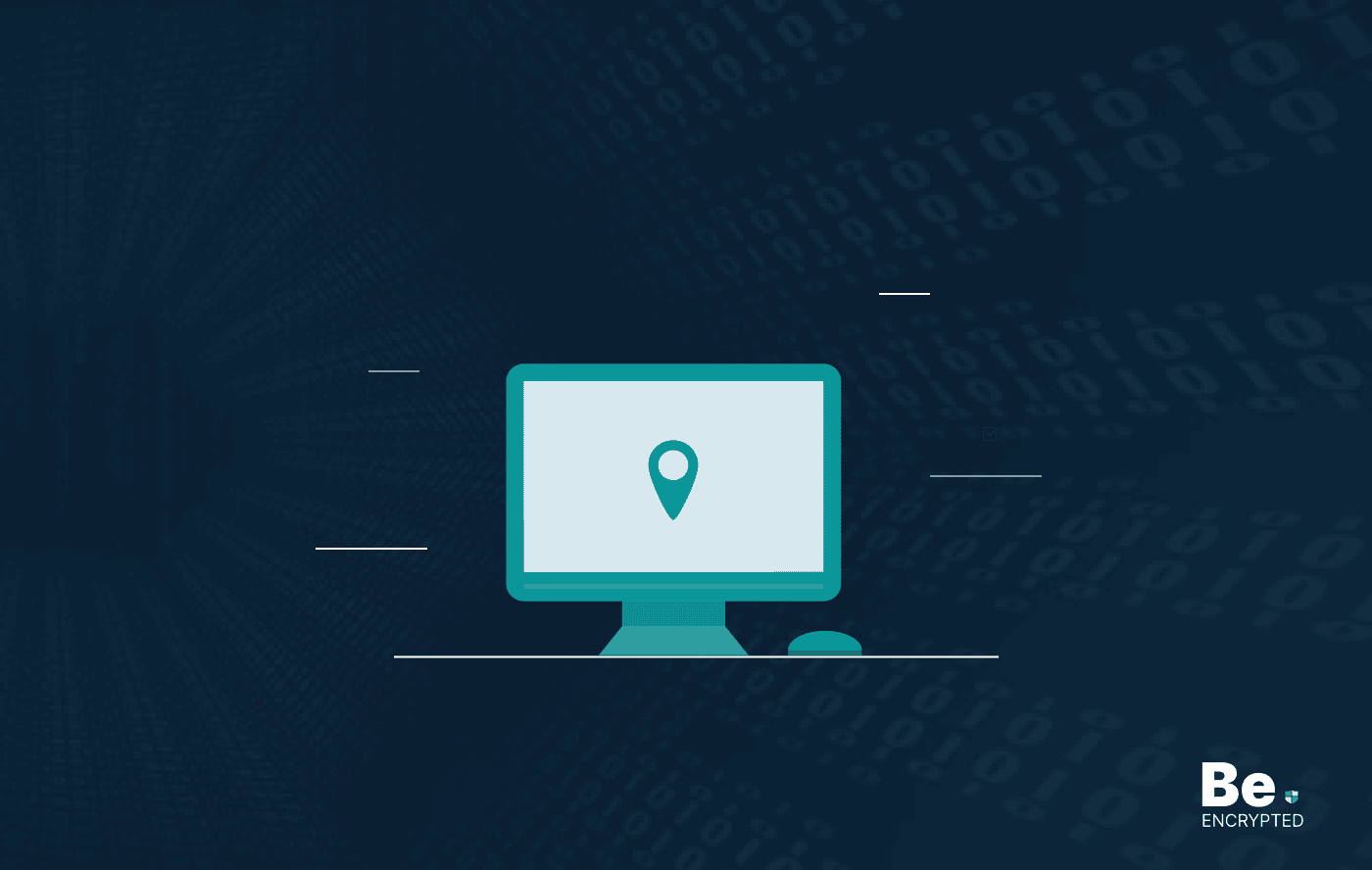
How to Hide Your IP Address? 7 Best Ways
KEY TAKEAWAYS Masking your IP address is necessary to protect yourself from multiple cyber threats. ...
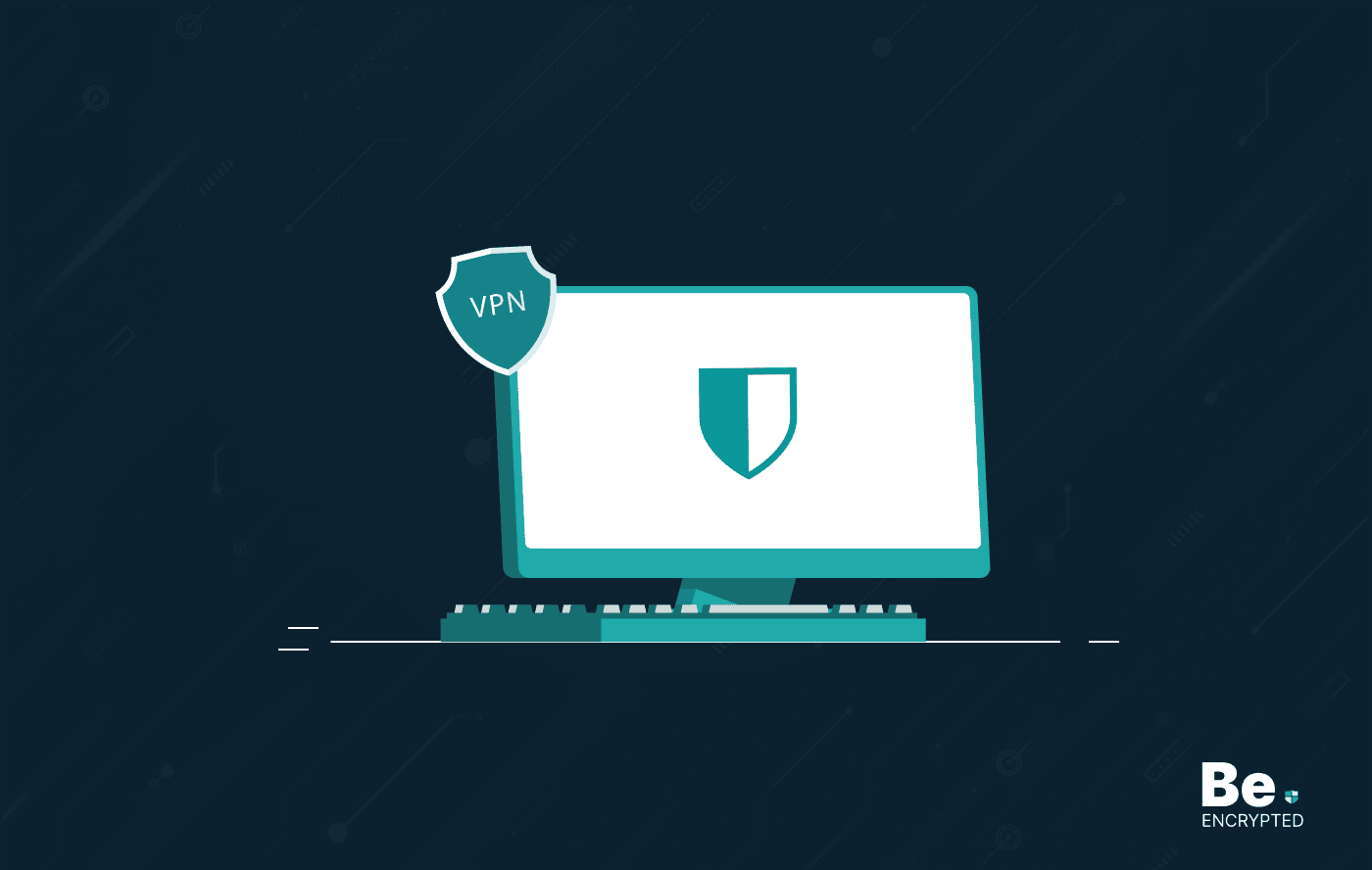
What is a VPN Kill Switch and How Does it Work?
Numerous internet users have now observed the possible risk of online data exposure to ISPs or cyber...
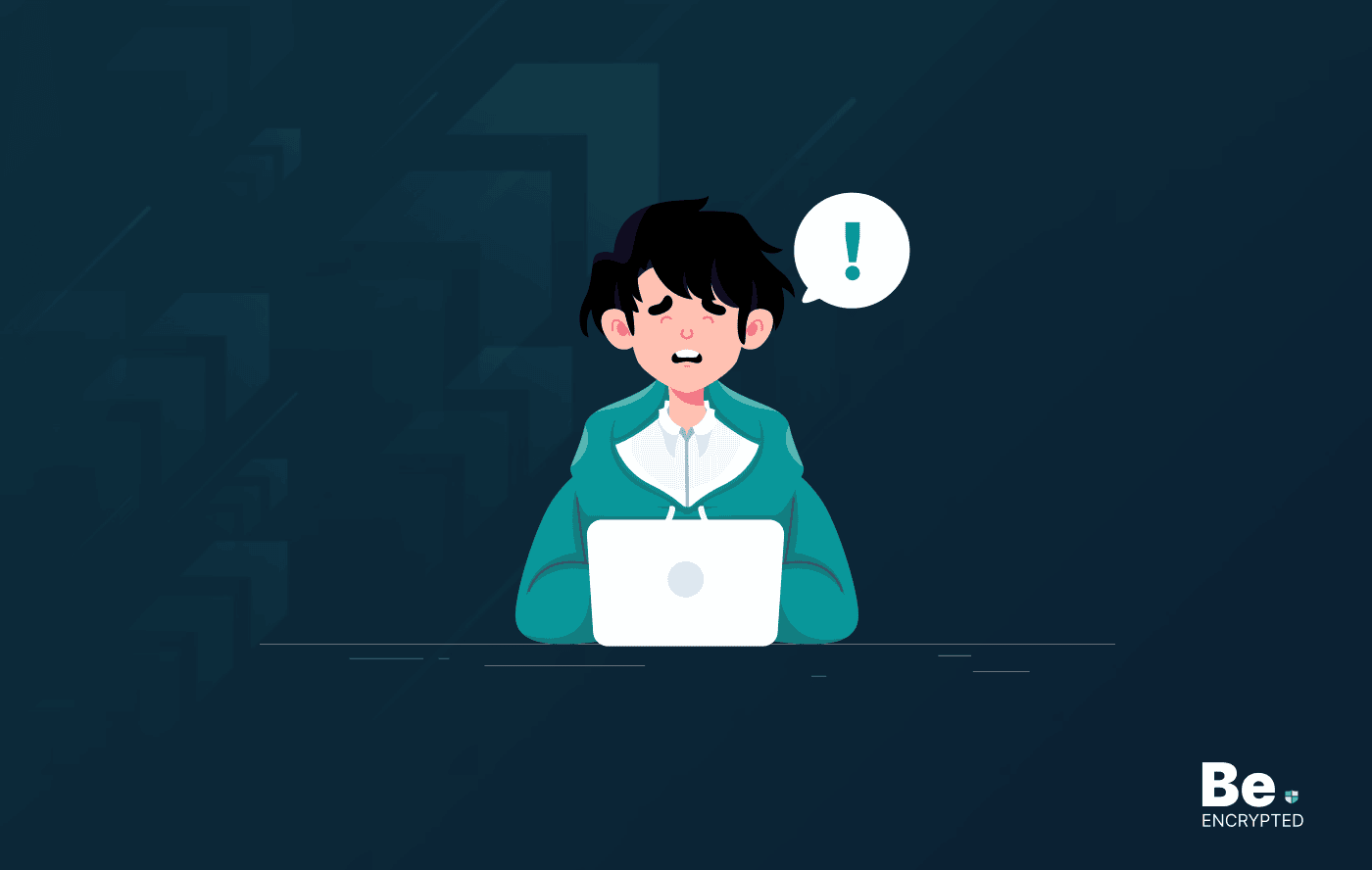
Does VPN Slow Down Internet Speed? [Resolved]
KEY TAKEAWAYS A VPN connection indeed reduces your speed because of encryption protocols. It routes ...
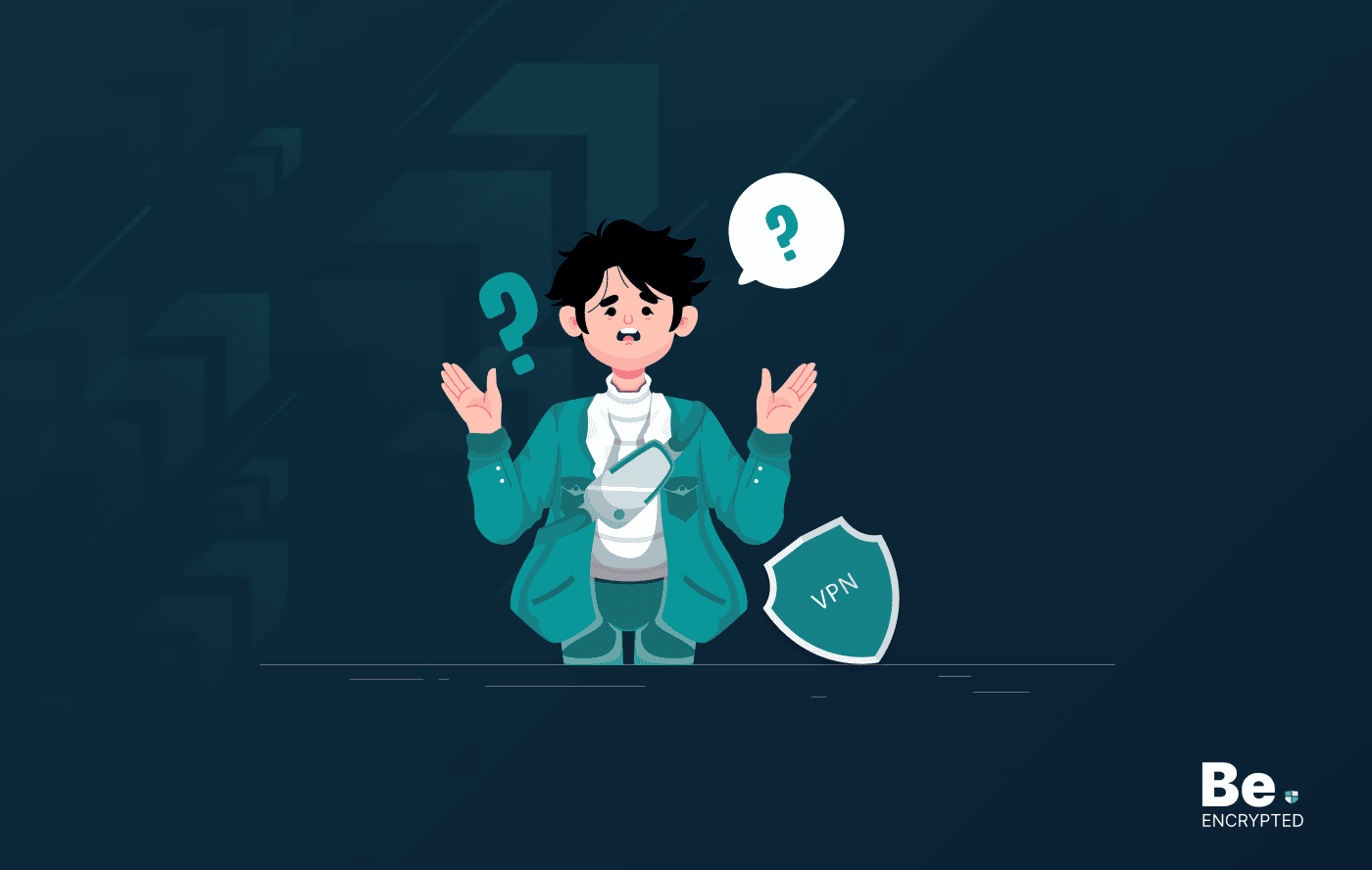
Why Should You Use a VPN? 12 Best Reasons
KEY TAKEAWAYS As almost everyone has nowadays access to the internet, more cyberattacks are taking p...
